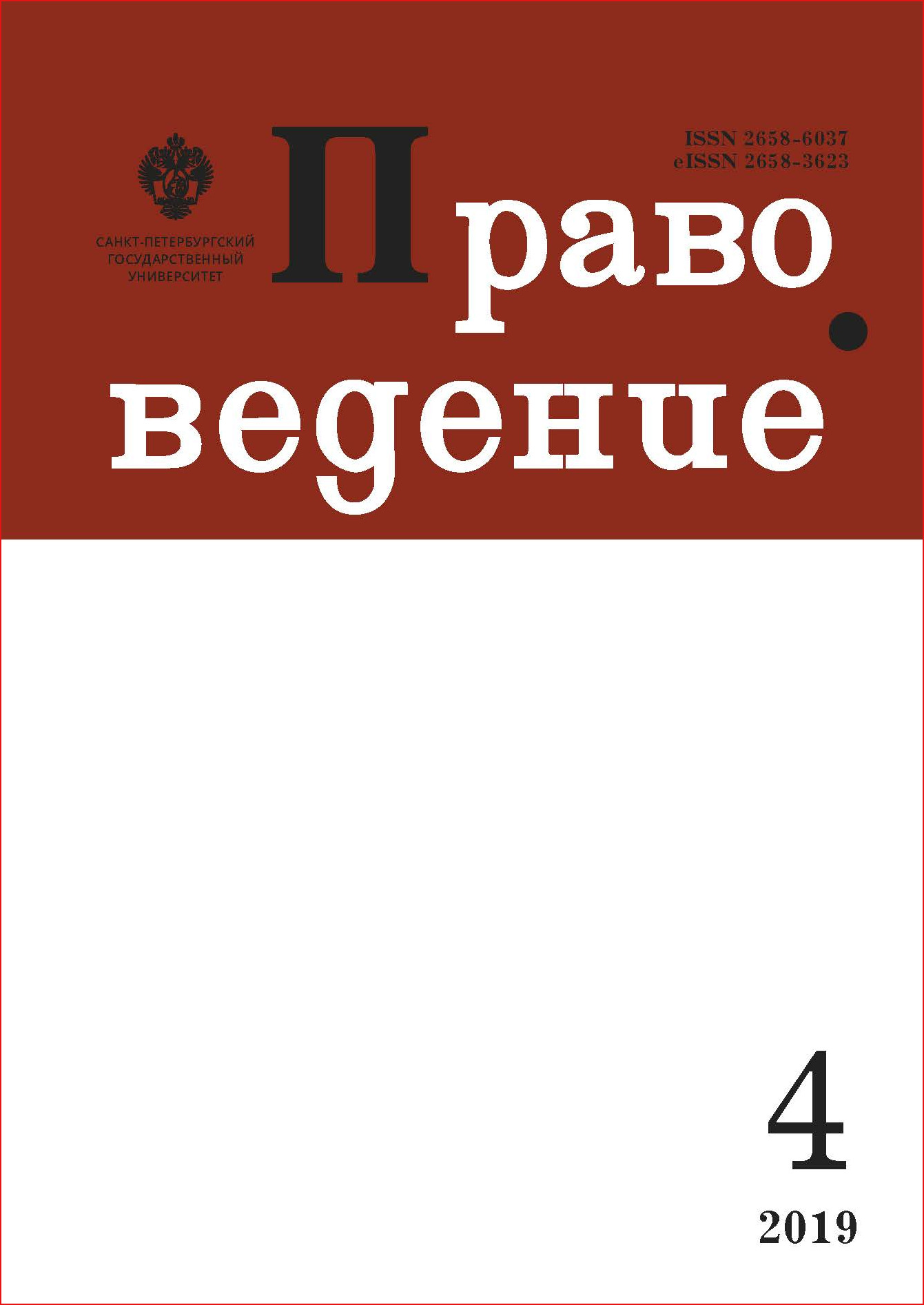The scope of competition law in the digital economy
DOI:
https://doi.org/10.21638/spbu25.2019.402Abstract
The article reveals new problems arising in the digital economy and the need for antimonopoly regulation. It also analyzes the legal remedies and procedures for competition law in the context of digitalization. Redesigning competition law procedures for the digital economy can take two forms: 1) ensure the rate of competition law enforcement so as to avoid acting in situations when market tipping has already occurred and it is almost impossible to reverse the anticompetitive outcome; 2) develop remedial action that takes into account the scale of anticompetitive behavior, which might better reflect the complexity of digital markets. Competition authorities should consider utilizing interim measures and commitment decisions in the digital economy, both instruments playing a complementary role. Interim measures can be used within a revised framework with lower thresholds, but this should only be reserved for complicated and lengthy investigations where there is risk of irreversible harm to competition. These measures should be applied to the most harmful violations, such as cartels and abuse of dominance. Commitment decisions can be utilized to address less serious violations where it is also beneficial to the competition authority to reach a swift resolution. The article analyzes the division of companies as a way to eliminate violations. Division can take different forms and need not be structural. A certain ‘light-touch’ separation may be achieved by policies mandating that digital platforms not use personal data that has been harvested by the members of their ecosystems unless they have the explicit consent of their users. The article also addresses issues such as data portability and cross-platform compatibility. The authors have proved that the BRICS countries need to supplement their national legislation on the protection of personal data in terms of norms on their portability. Although it is not mainly designed as a tool to combat monopolies and market power, data portability will have a significant impact on competition in digital markets. Multisided digital platforms are characterized by a high network and lock-in effects. In a winner takes all, or most, where undertakings compete for the market rather than in the market, the right to data portability may provide some relief from the power that large digital platforms hold.
Keywords:
digital economy, interim measures, commitment decisions, personal data, data portability, competition by design, BRICS countries
Downloads
References
Downloads
Published
How to Cite
Issue
Section
License
Articles of "Pravovedenie" are open access distributed under the terms of the License Agreement with Saint Petersburg State University, which permits to the authors unrestricted distribution and self-archiving free of charge.




